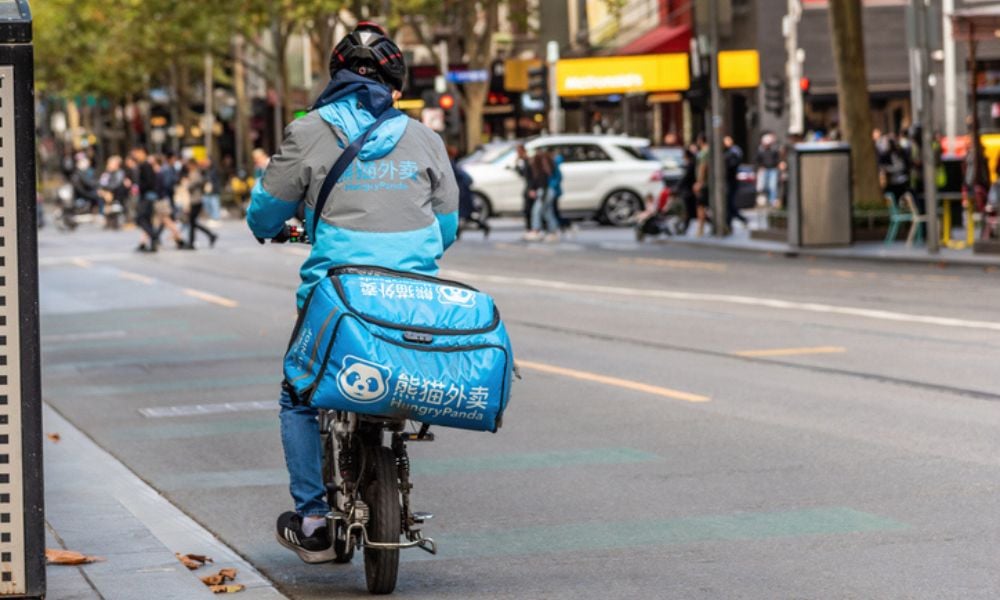Say measures 'fail to recognise importance of flexibility these roles offer'

The Business Council of Australia (BCA) has expressed concerns over the government's proposal to grant minimum standards for gig workers.
The Albanese government has been proposing stronger protections for independent contractors, including gig workers, who are carrying out "employee-like" forms of work.
In its consultation paper released in April, the government said it wants to give the Fair Work Commission authority to set minimum standards for these workers. These standards may include, but not be limited to:
- Minimum rates of pay
- Concepts of "work" time
- Payment times
- Workplace conditions, such as portable leave, rest breaks, etc
- Treatment of business costs, including vehicles and maintenance, insurances, licenses, etc
- Record keeping
- Training and skill development
- Dispute resolution
"The origin of this commitment was to address the disparity between the rights of employees and contractors in need of minimum standards – specifically where independent contractors are engaged to do the job at a cheaper rate than an employee," the government said in the consultation paper.
The paper comes ahead of the government's plan to introduce a second tranche of industrial relations reforms in the future.
The government is currently pooling feedback on several reforms, including penalising underpayments.
Business response
In its response to the consultation, the Business Council of Australia expressed opposition over the government's proposal, warning that it could reduce flexibility for gig workers and raise costs for consumers.
According to BCA chief executive Jennifer Westacott, the industry is already "consistently engaging" with workers and introducing the protections and benefits they want.
In 2022, DoorDash Australia sealed a landmark agreement with the Transport Workers' Union (TWU) on ensuring fairness and protection for gig workers.
Ride-sharing giant Uber and the TWU also agreed last year to support the creation of a regulatory body that will set industry-wide standards and benefits for gig workers.
"The proposed measures fail to recognise the importance of flexibility these roles offer, both to the worker and the community," Westacott said in a media release. "The removal of these flexibilities and choice for gig workers will mean restrictions on wages, rostering, and the ability to easily move between platforms."








